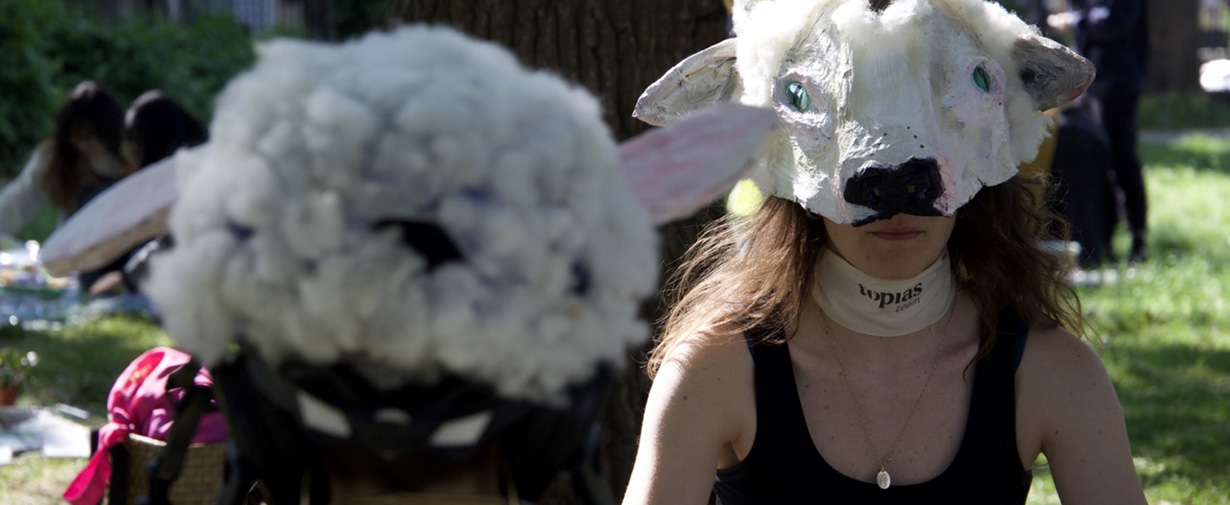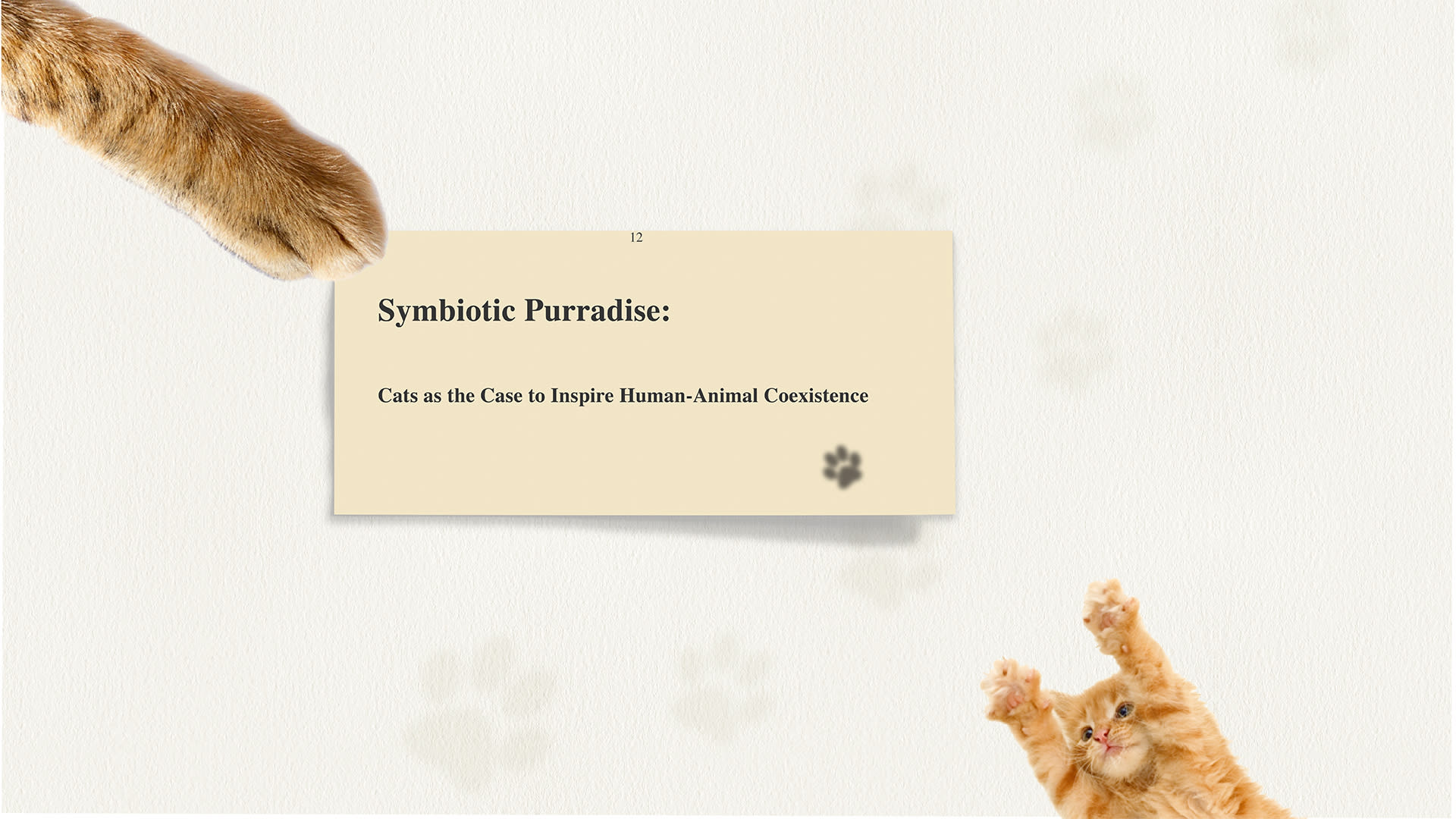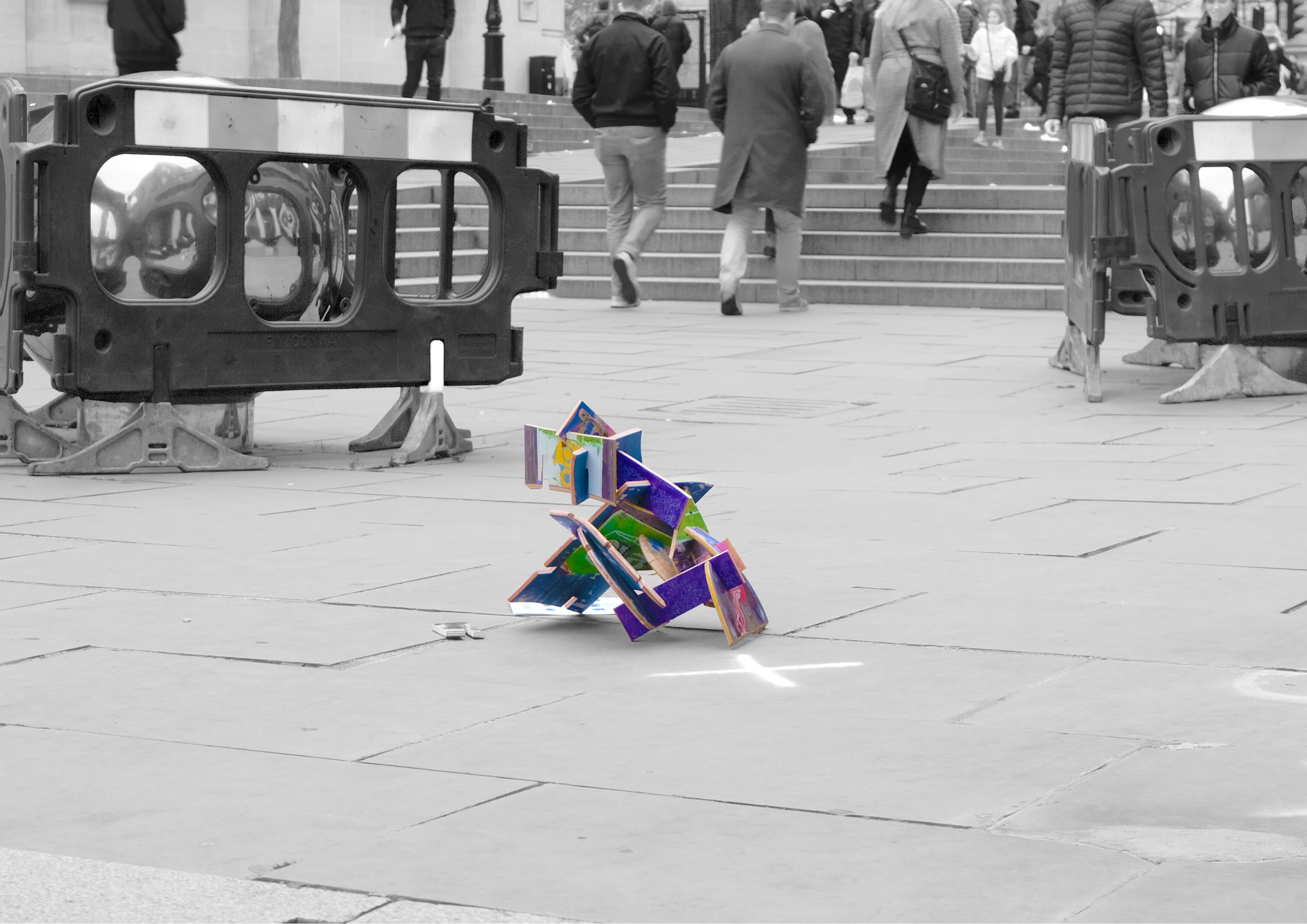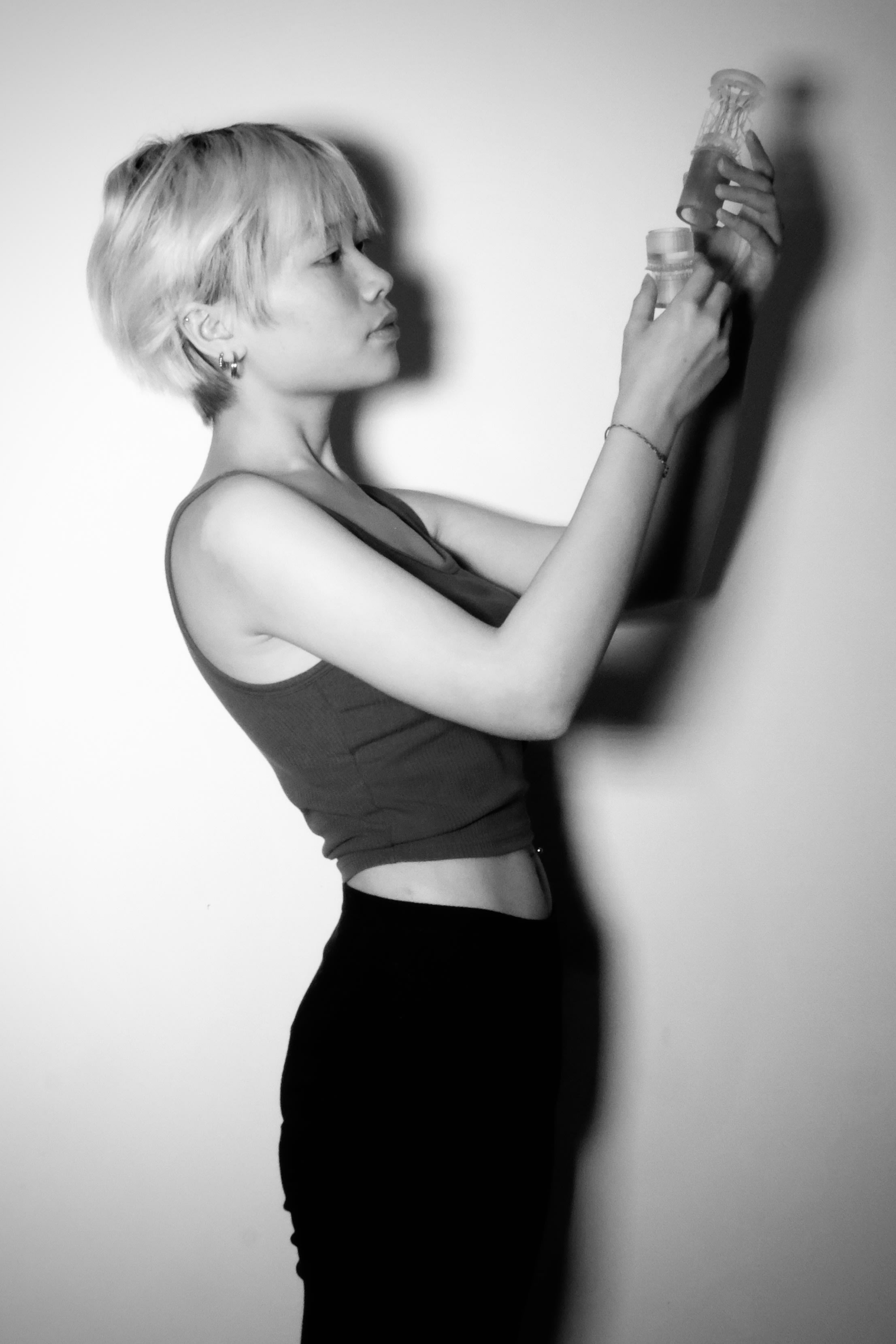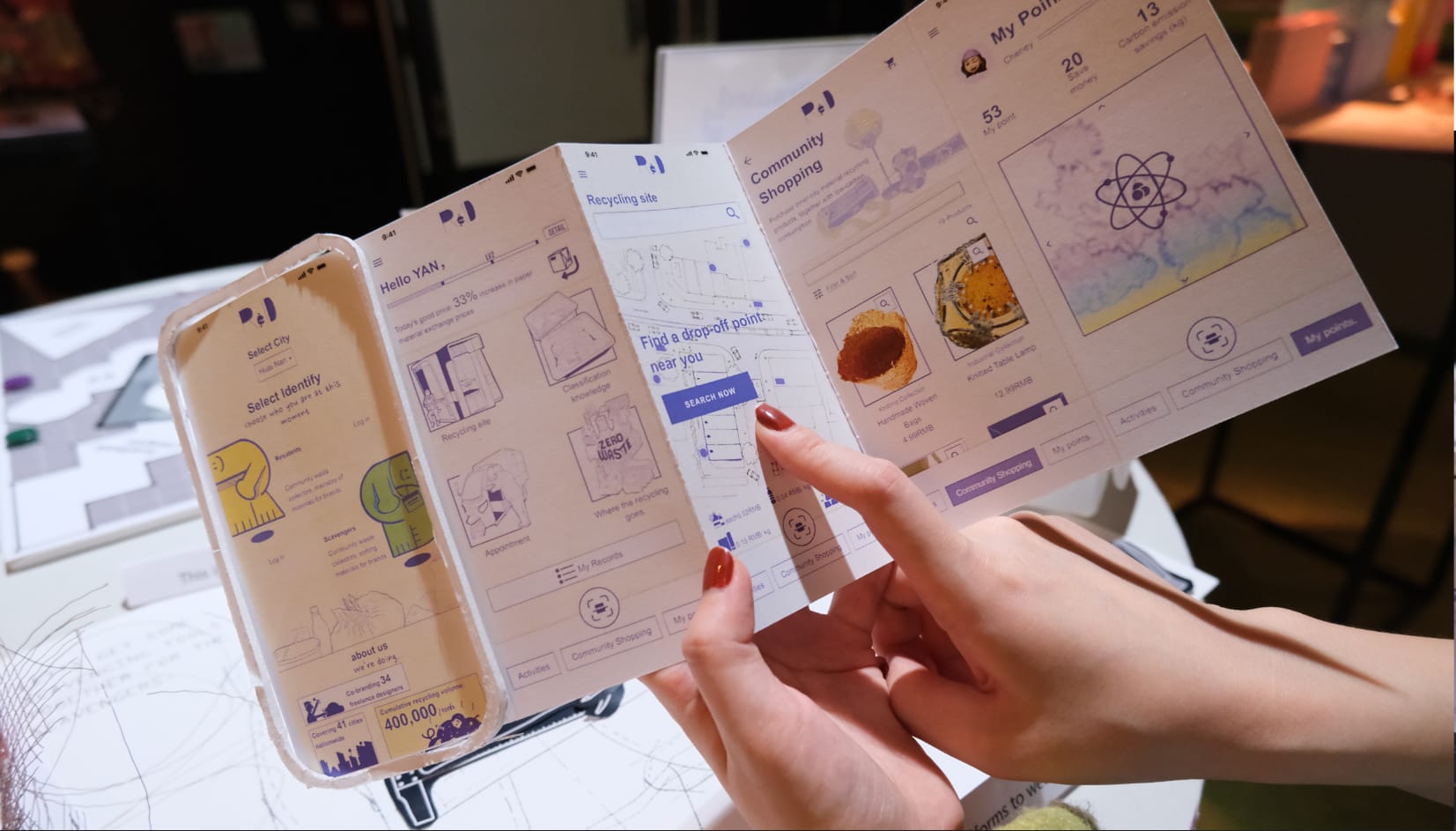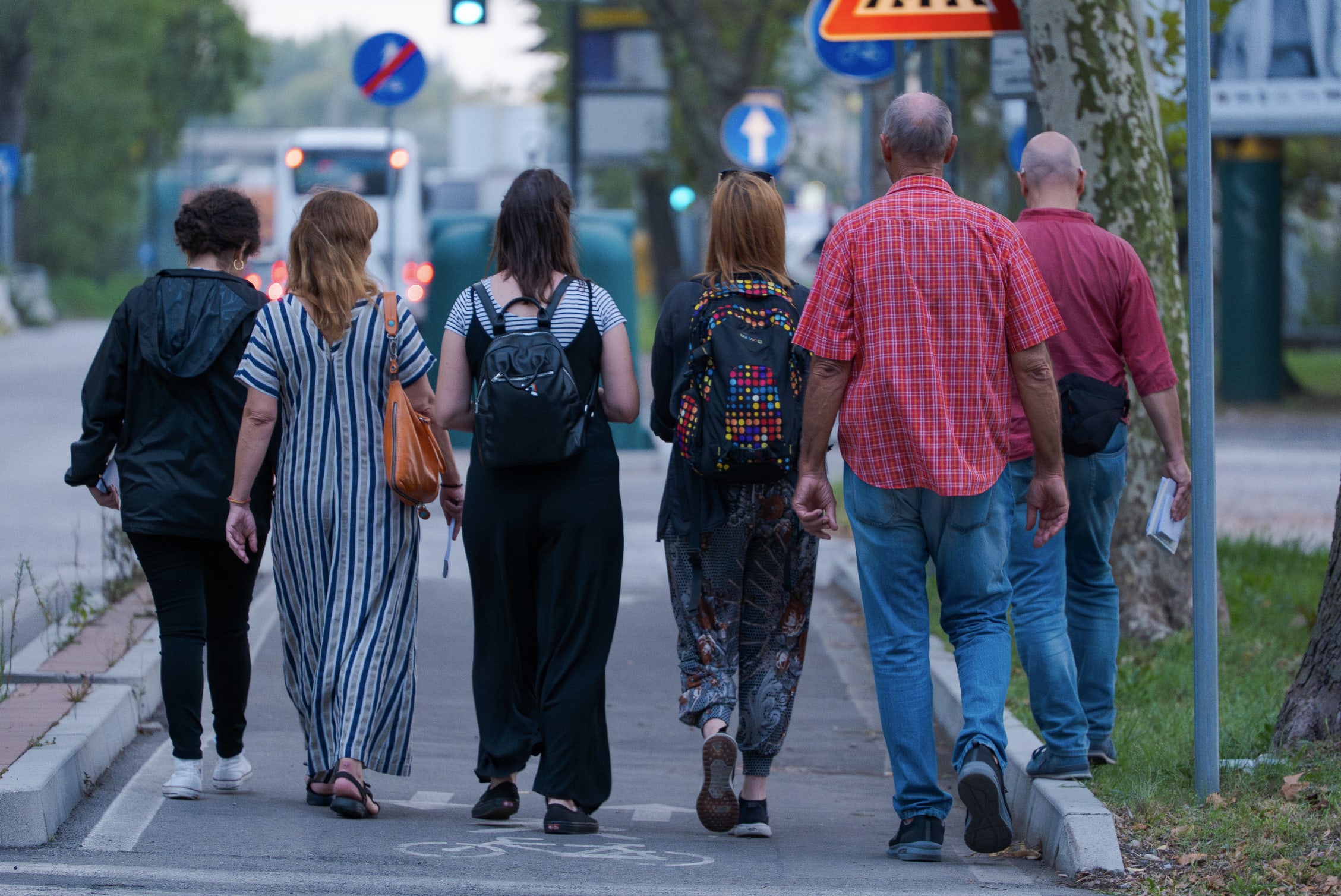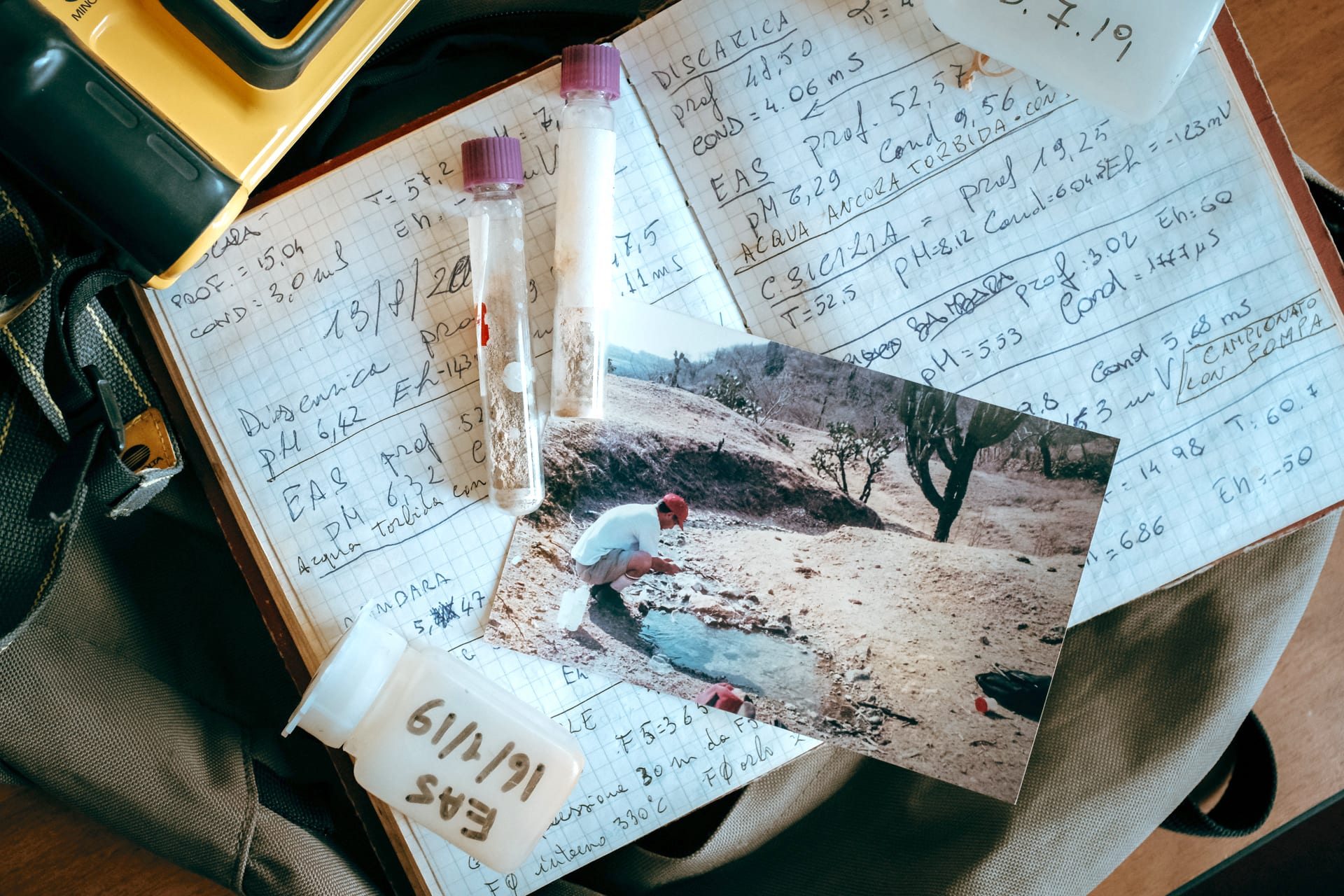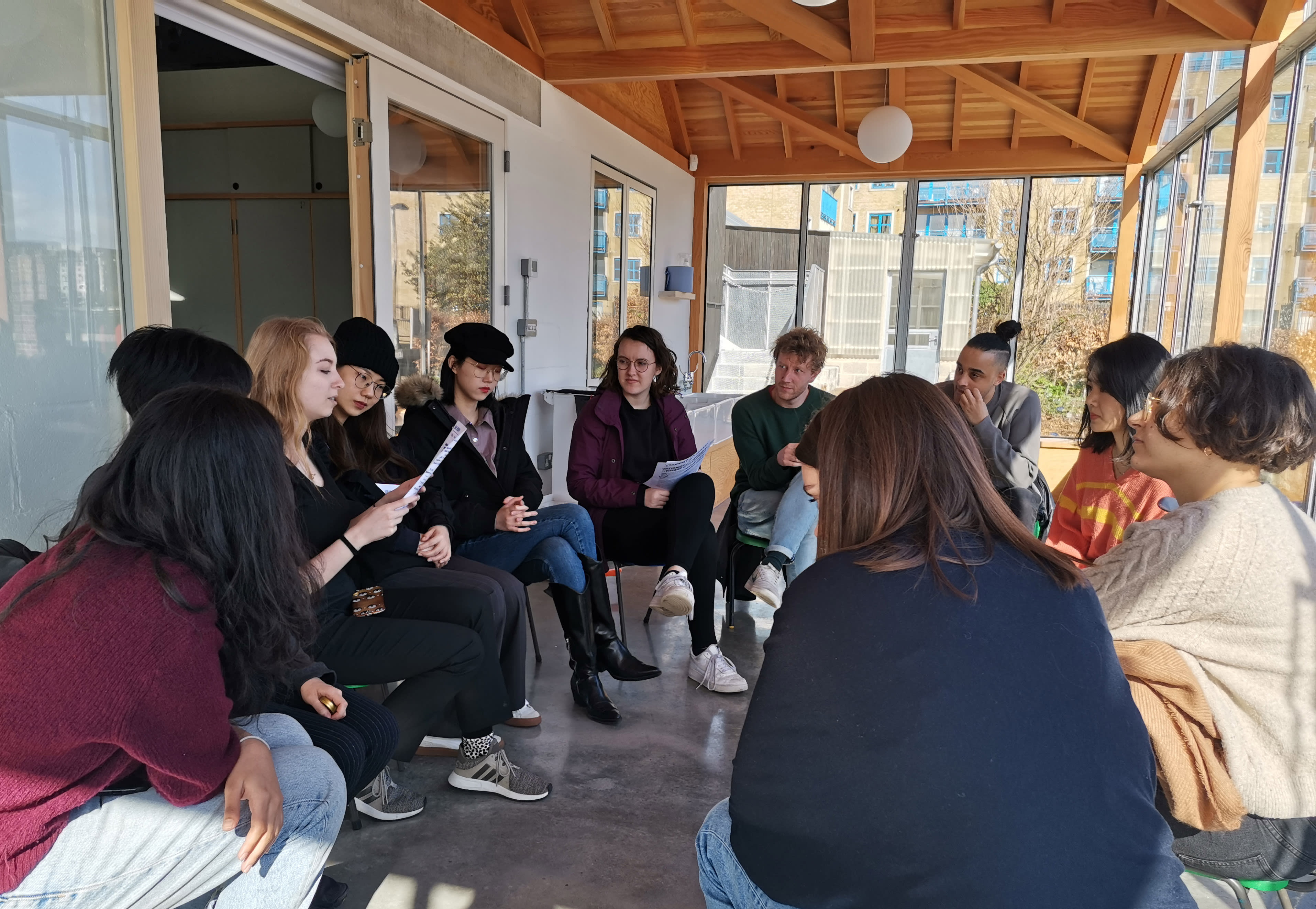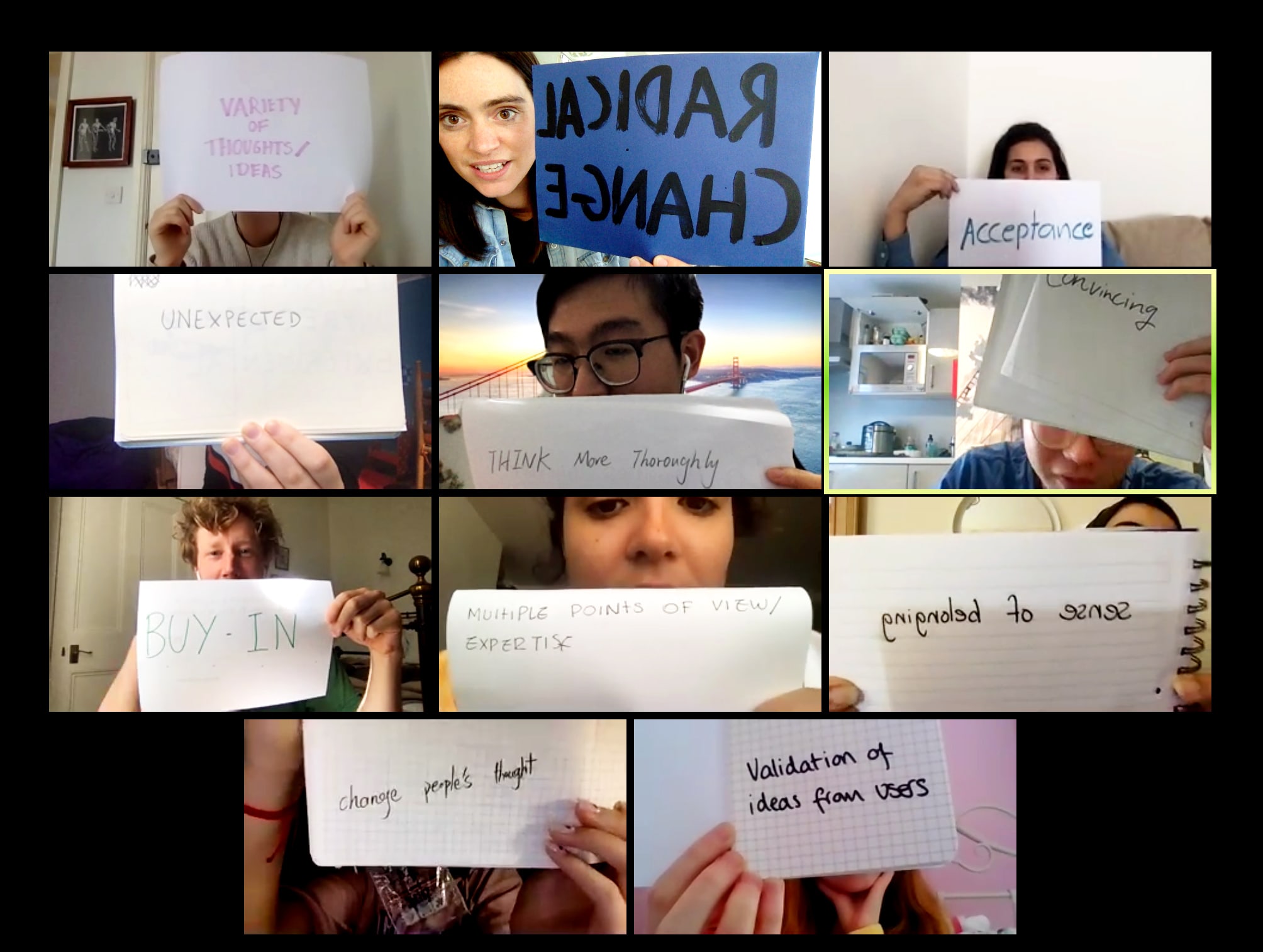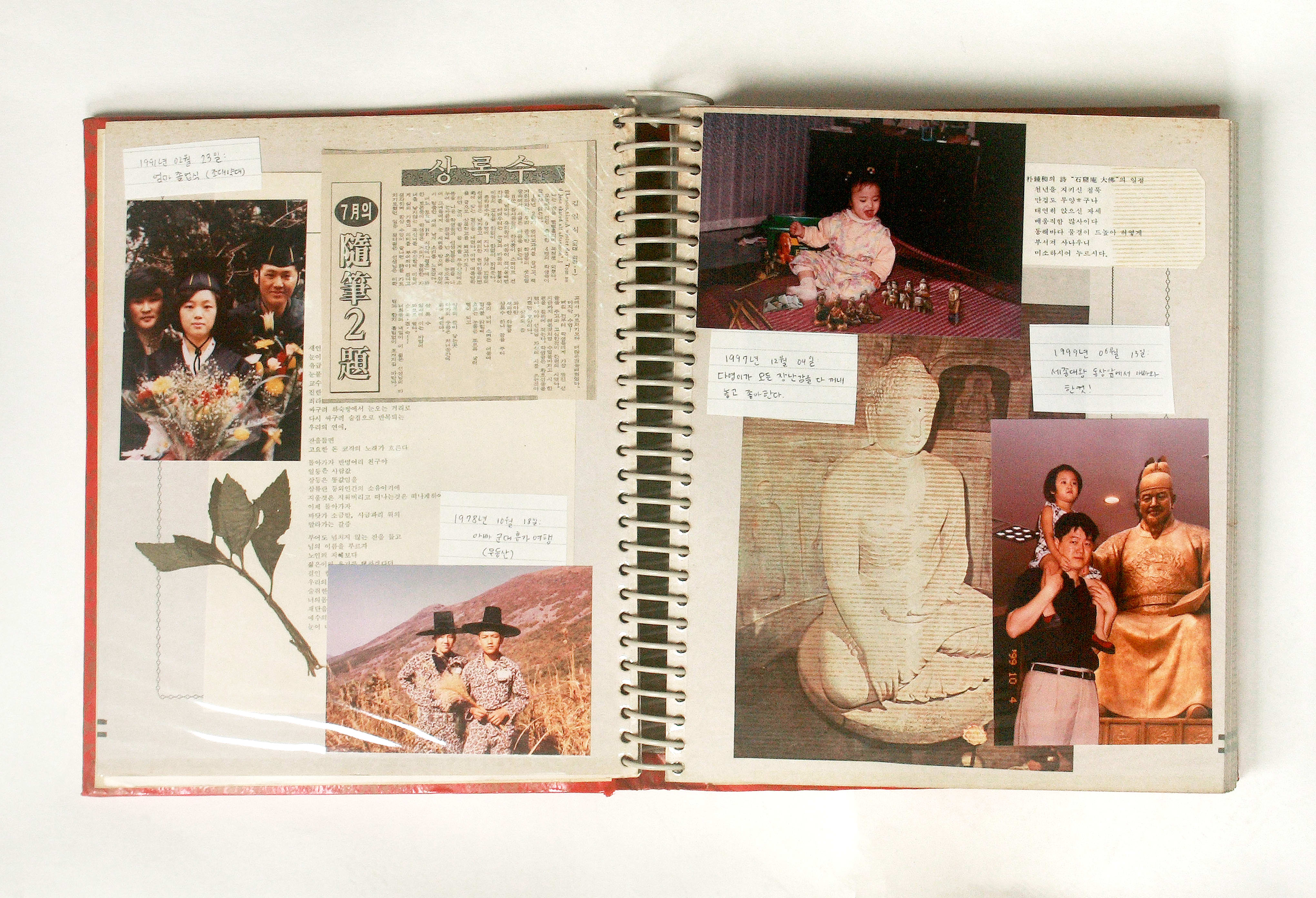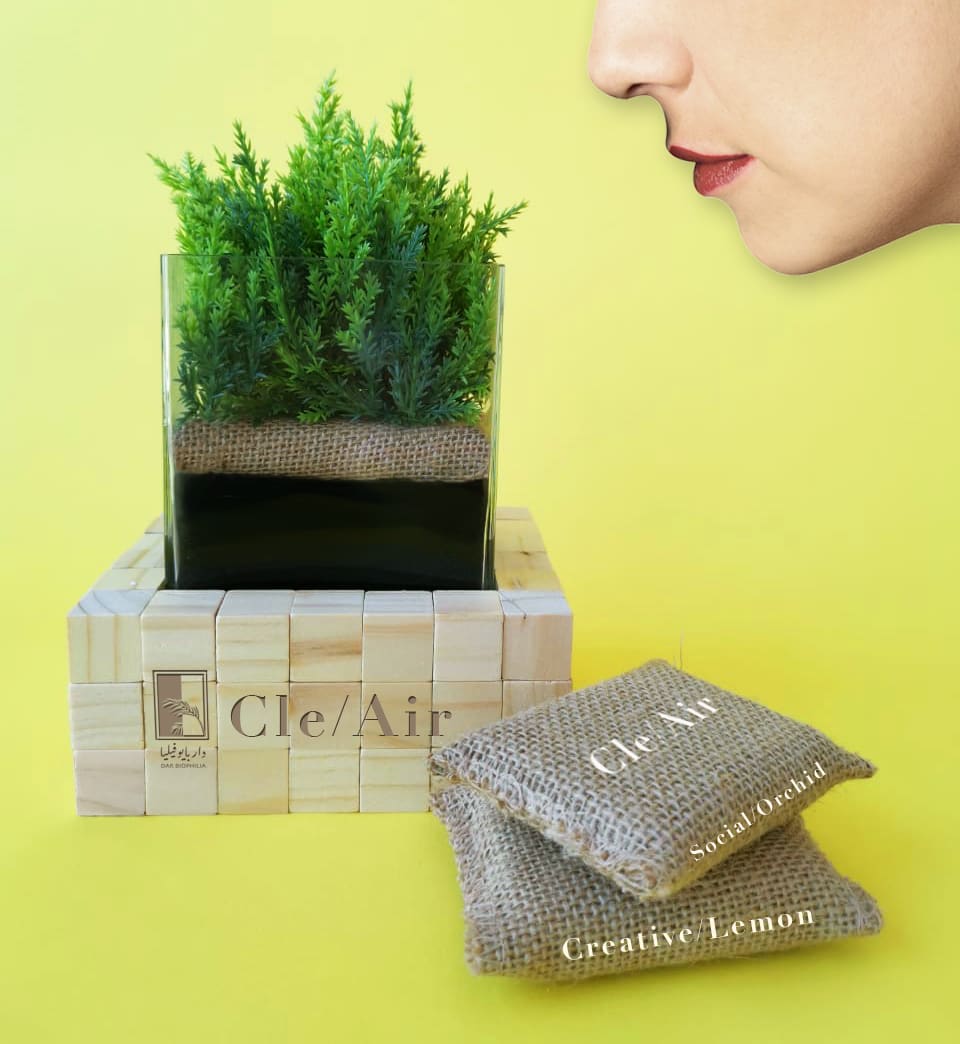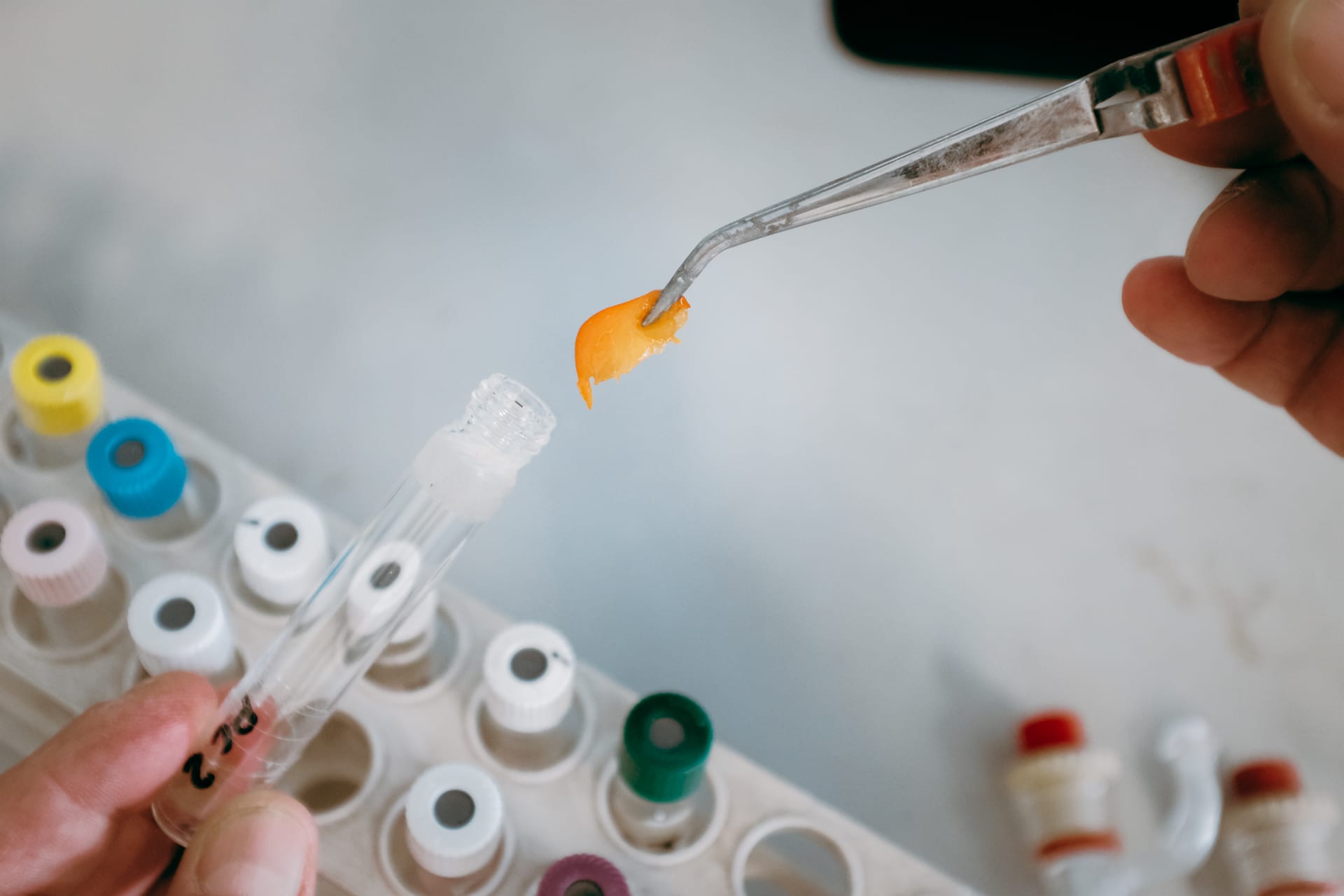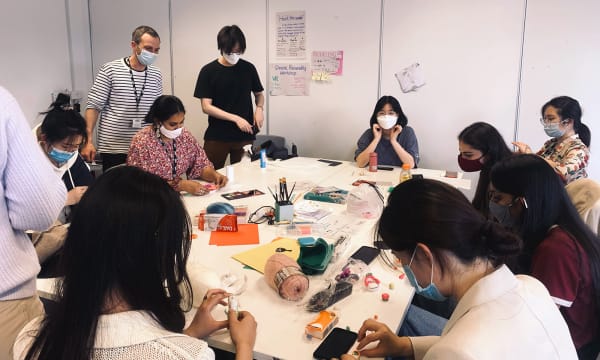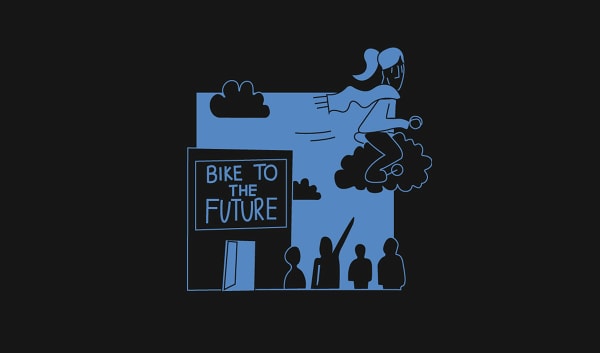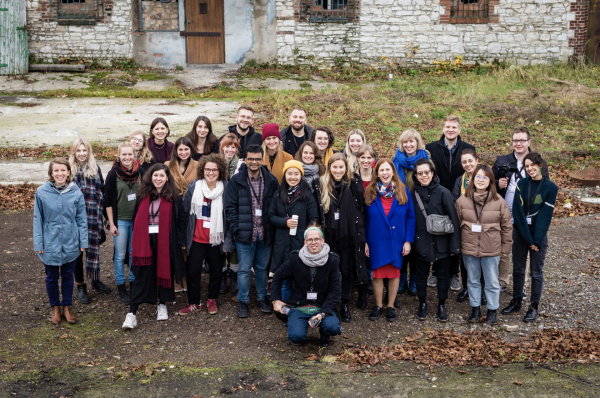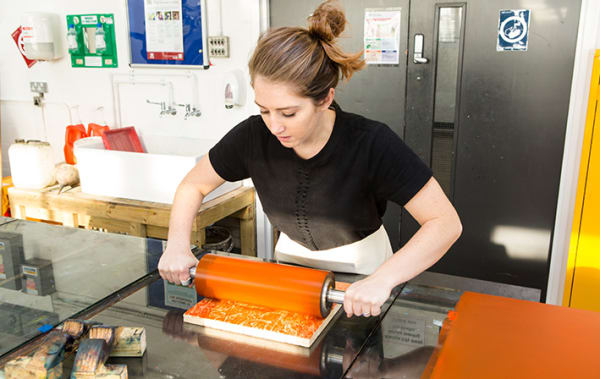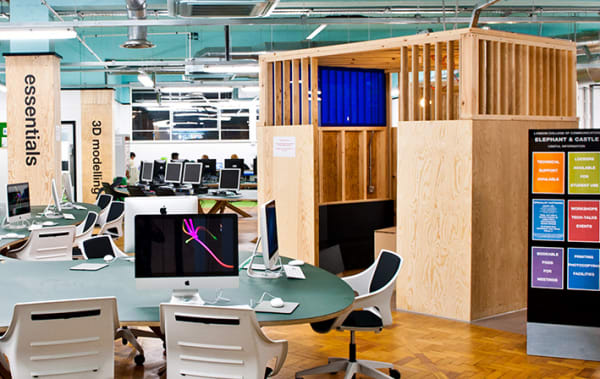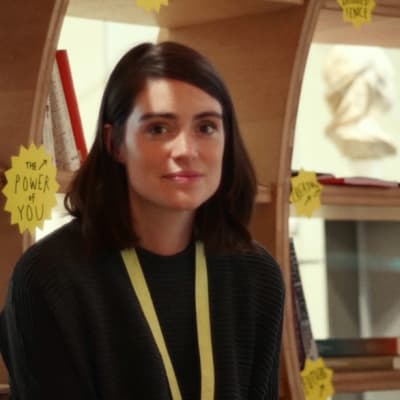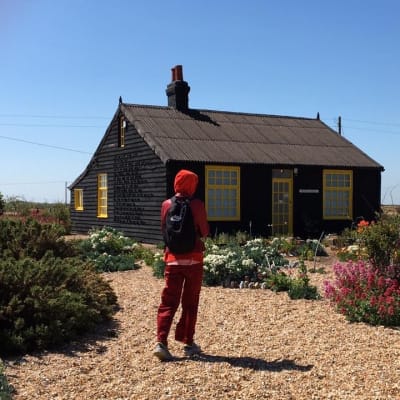Course units
We are committed to ensuring that your skills are set within an ethical framework, and we have worked to embed UAL’s Principles for Climate, Racial and Social Justice Principles into the curriculum and in everything we do.
As part of this initiative, we’ve shaped our courses around social and environmental sustainability principles that ensure learning outcomes reflect the urgent need to equip you with the understanding, skills, and values to foster a more sustainable planet. Our aim is to change the way our students think, and to empower you to work towards a sustainable future.
Each course is divided into units, which are credit-rated. The minimum unit size is 20 credits. The MA course structure involves five units, totalling 180 credits.
Researching and framing for innovation (20 credits)
Understand the range of different design research methods and apply these to a real-world enquiry. Explore the ethics of research practice, the complexity of the global issues within our different personal and cultural contexts, and the importance of getting the question right.
Eco-Social innovation and impact (40 credits)
Explore an expansive range of theories, models, and literature around the subject of social innovation and sustainability. Dive into examples of practice and take a critical look at the past, present and future.
Collaborative unit (20 credits)
A chance to do a real project with other people across the university and beyond. Put your knowledge, thinking, and ideas into practice.
Co-design for sustainable futures (40 credits)
Speculate, imagine, and make more plural, collaborative and sustainable futures.
Design in action: major project (60 credits)
A chance for you start your own piece of work in direct reaction to a situation or issue in the world that you want to change.
